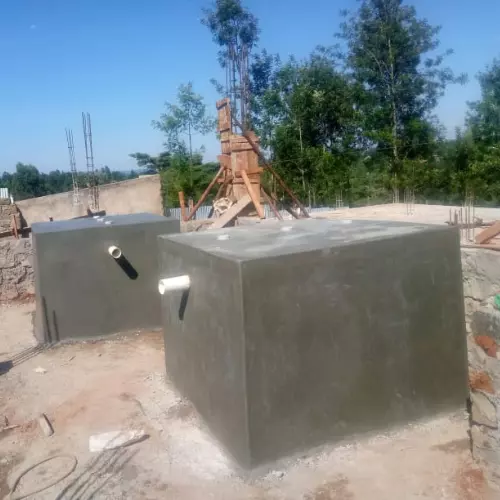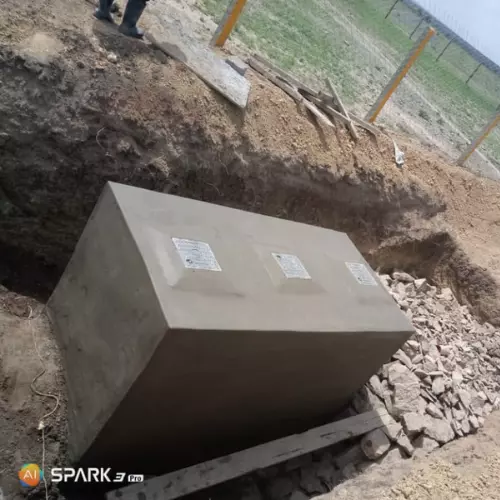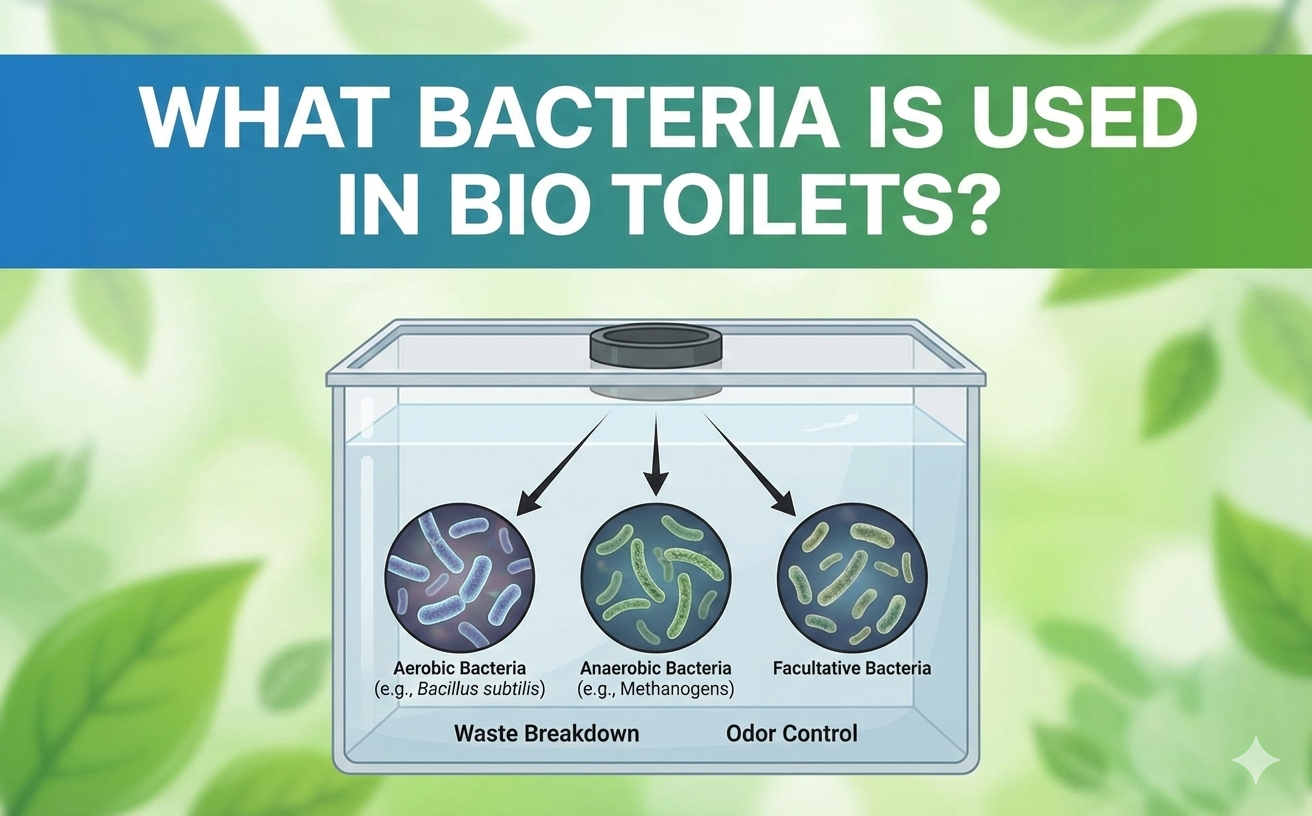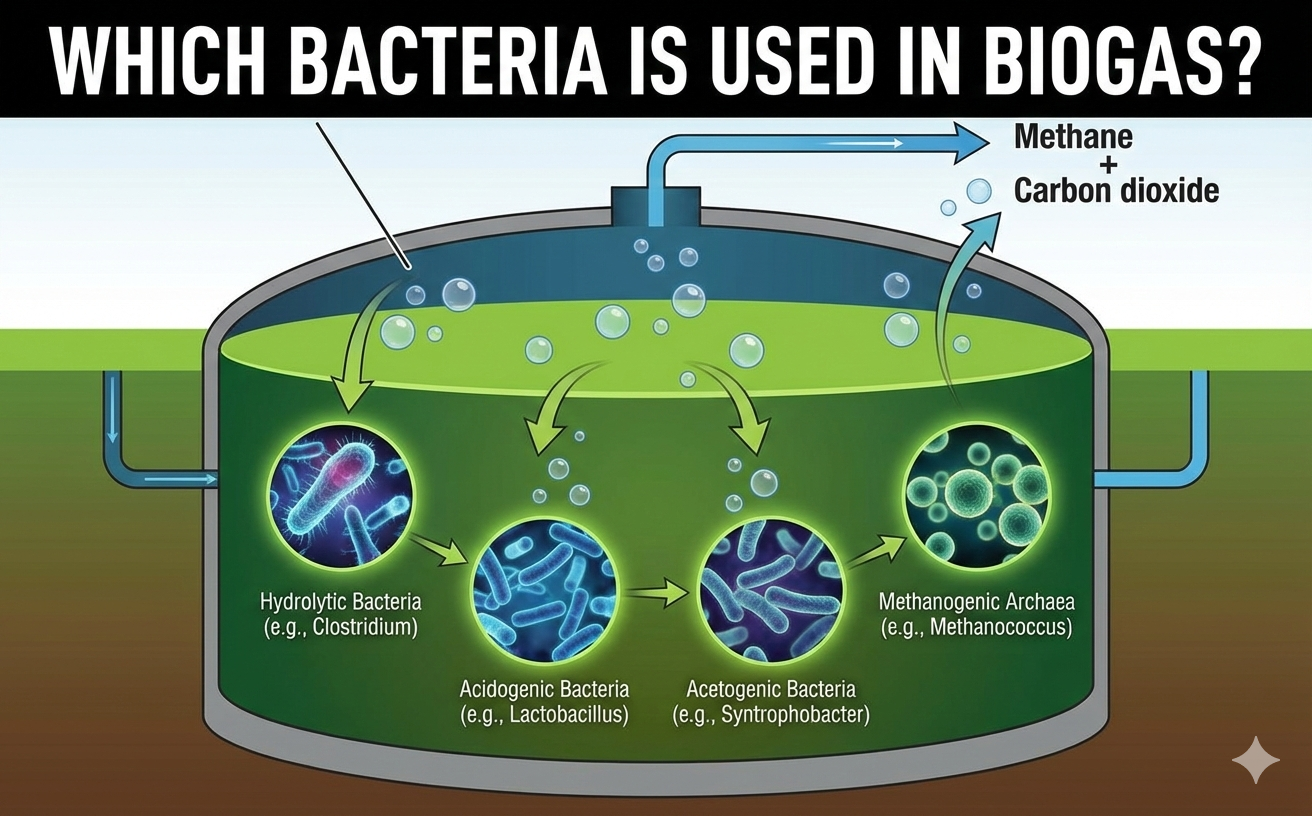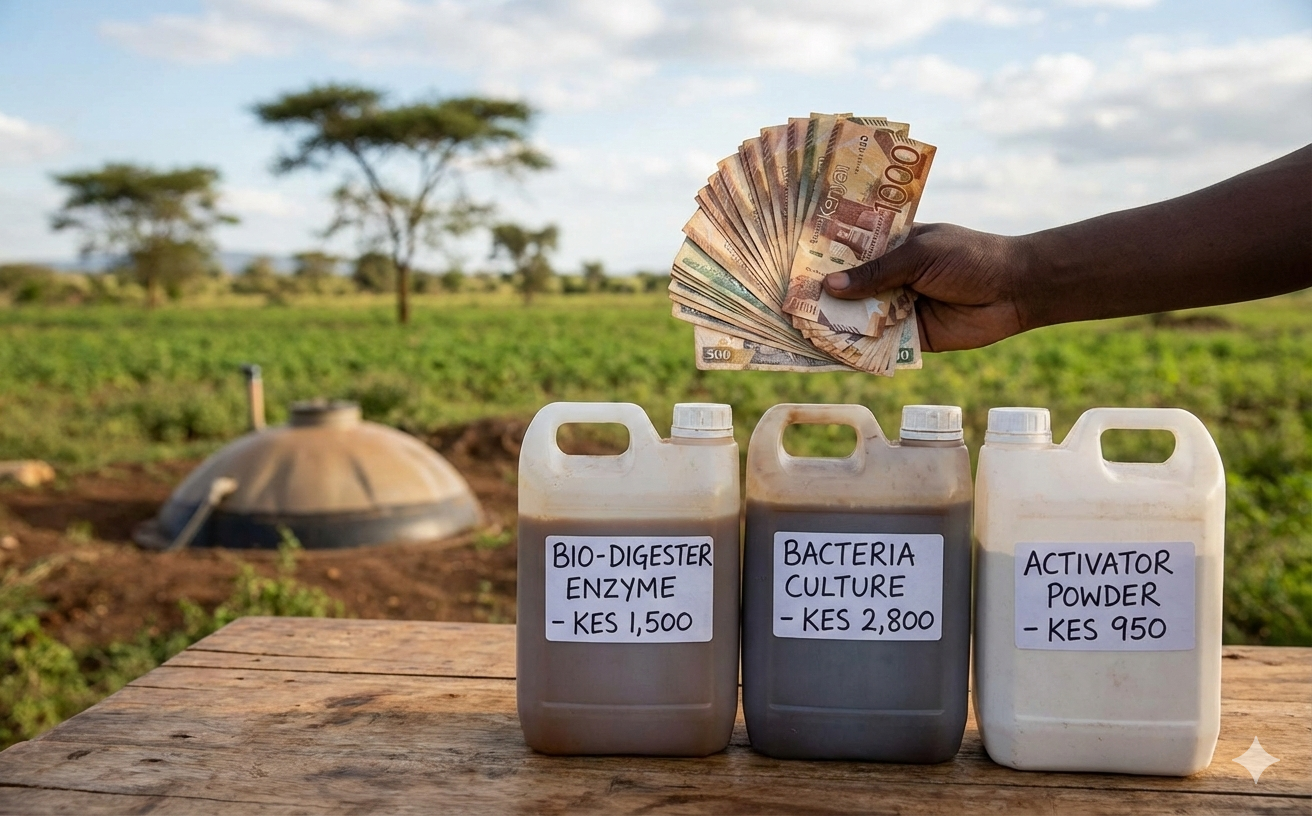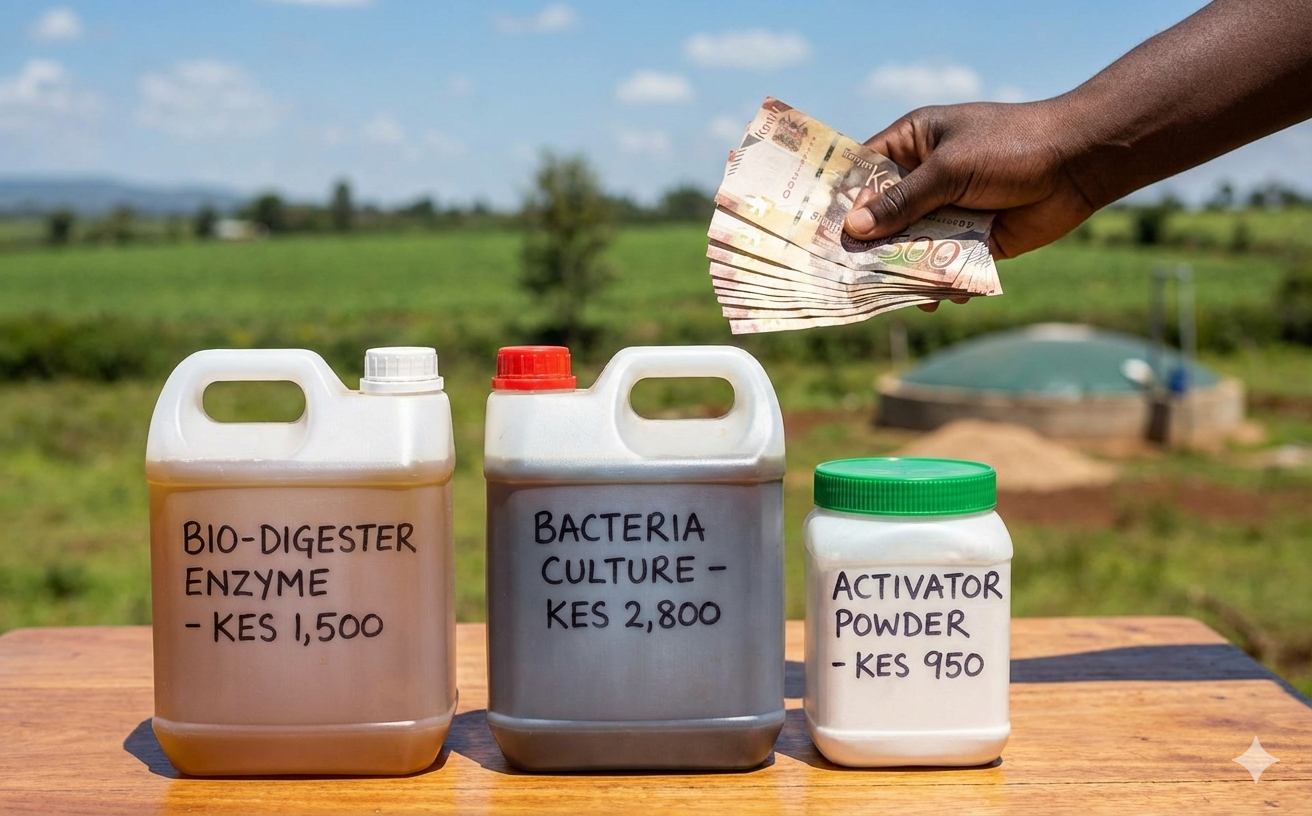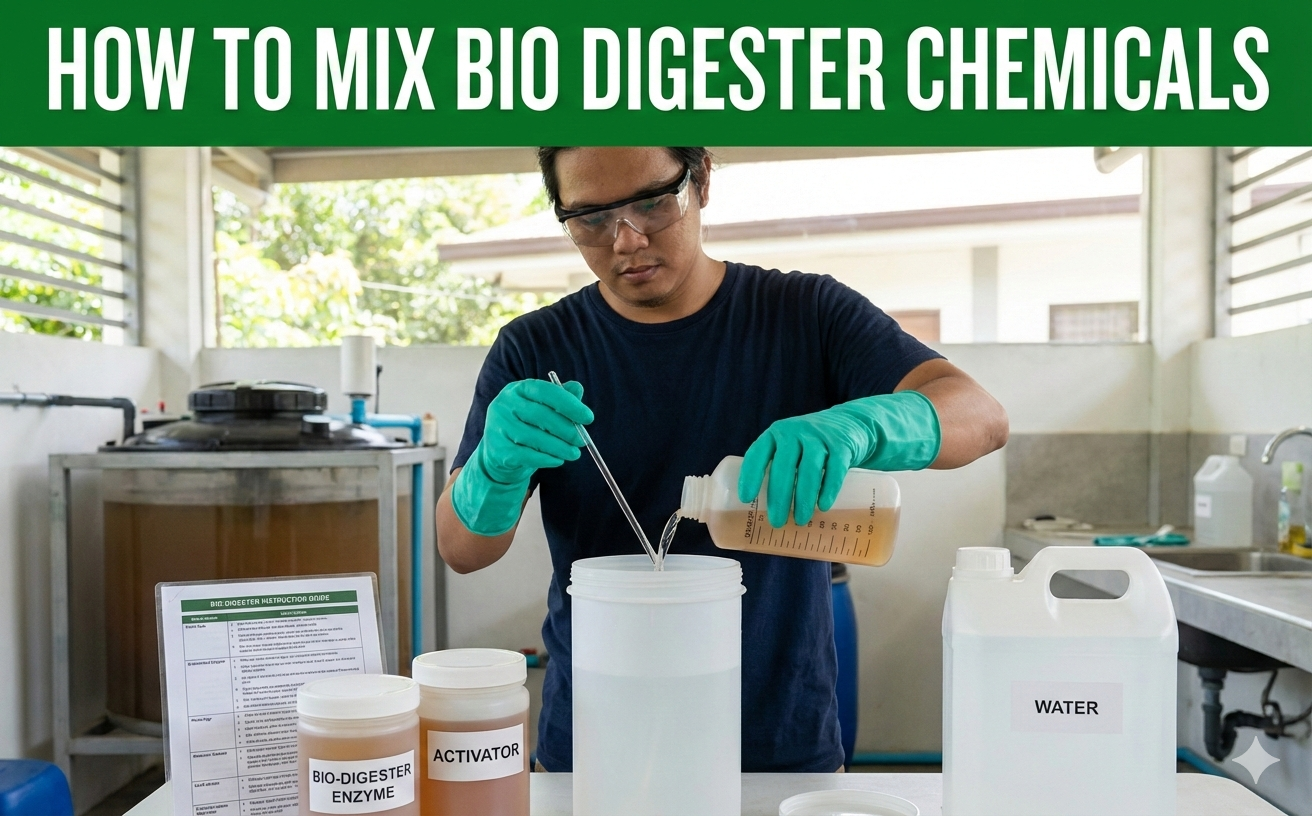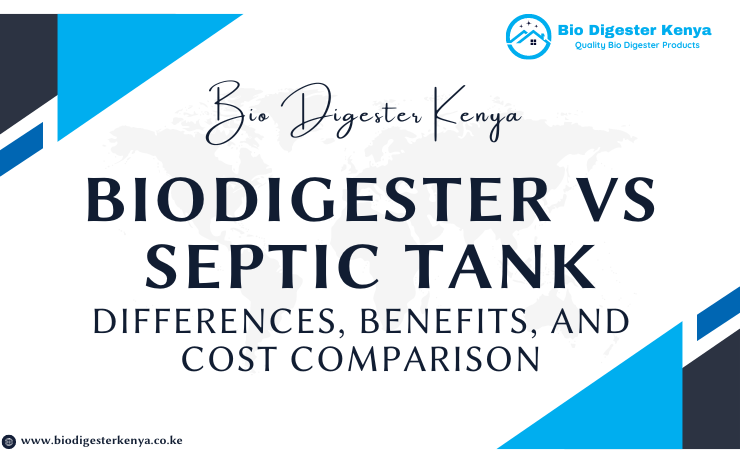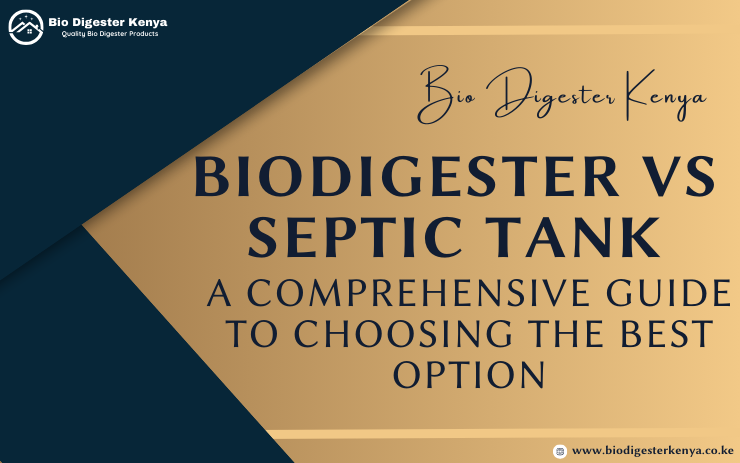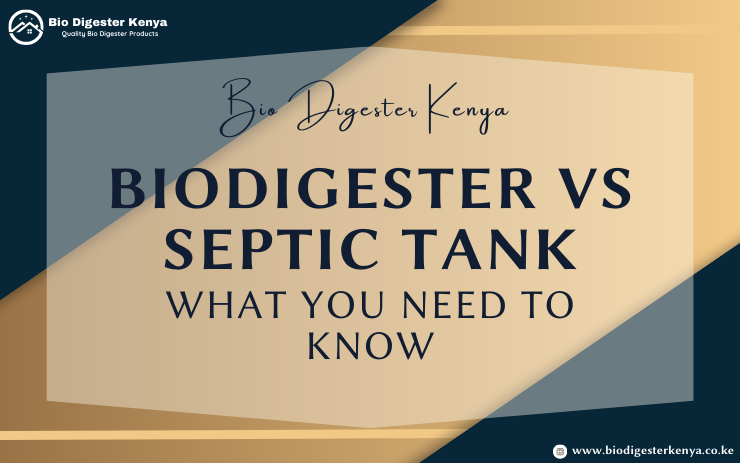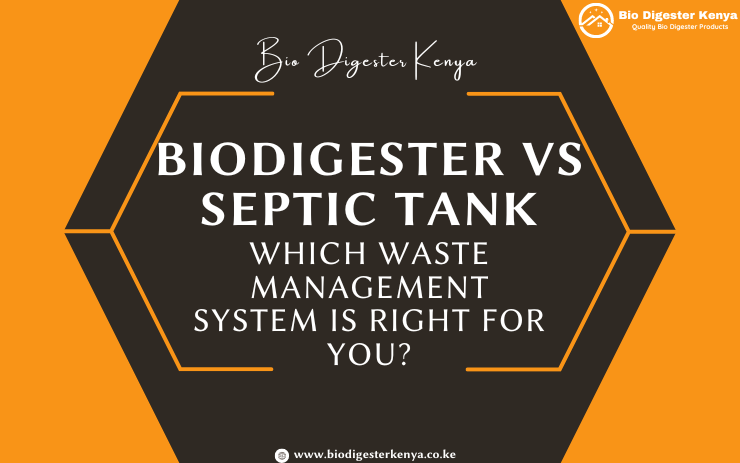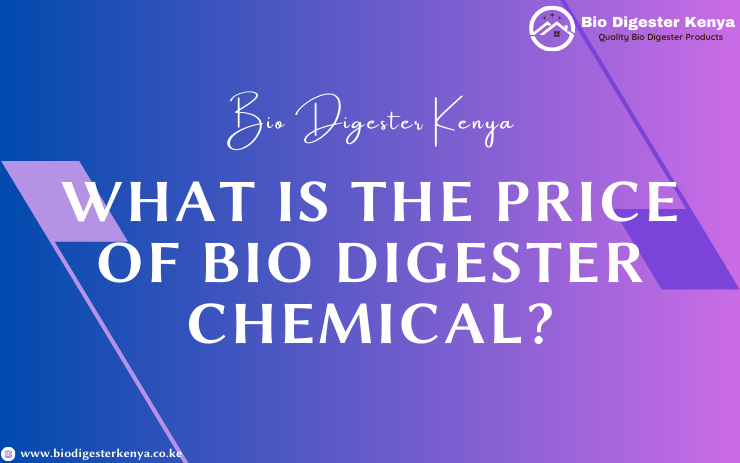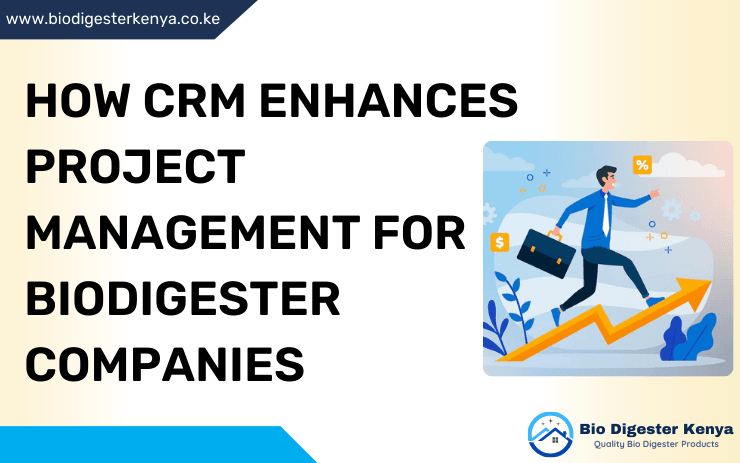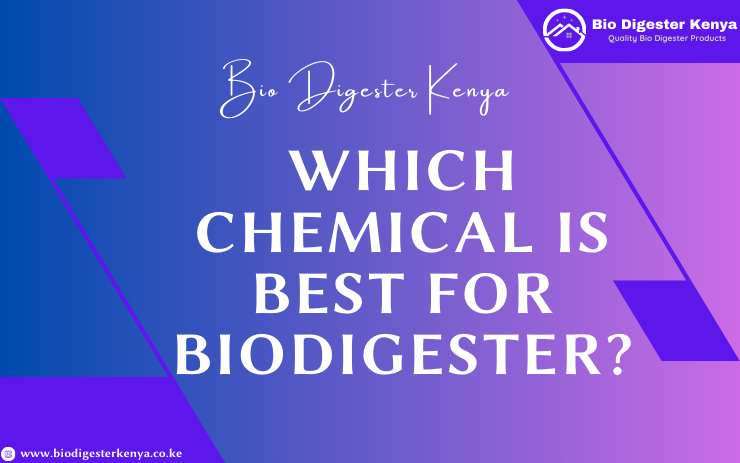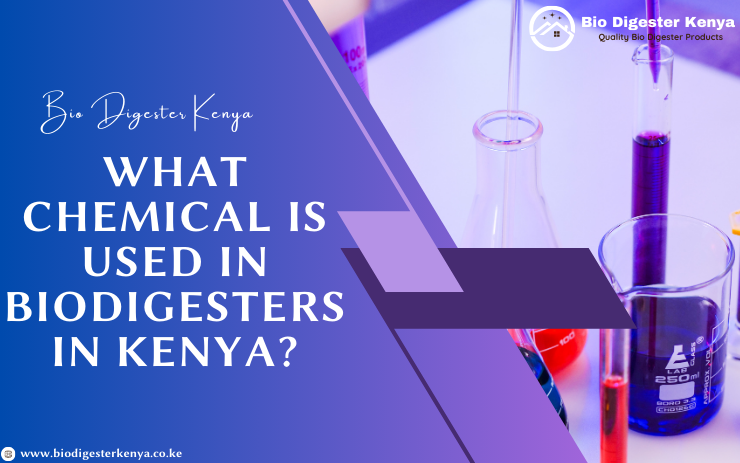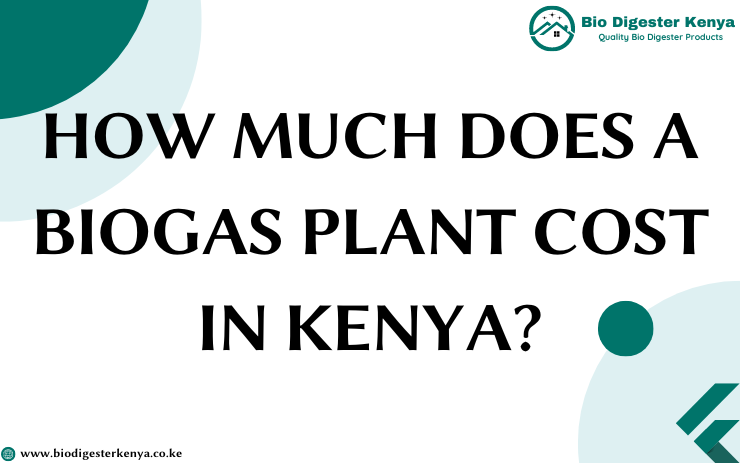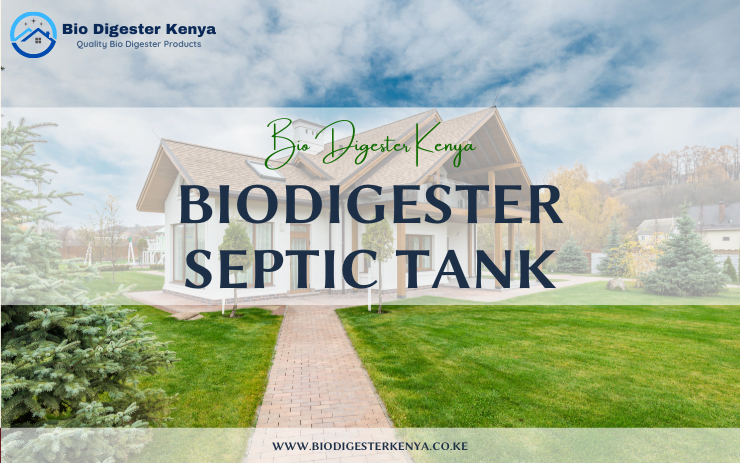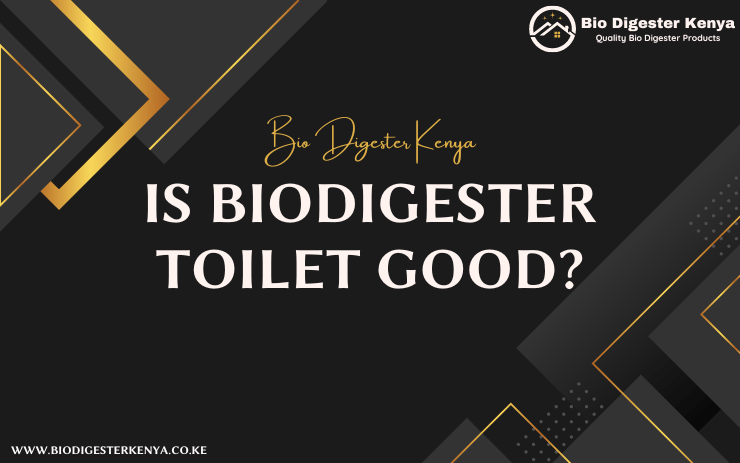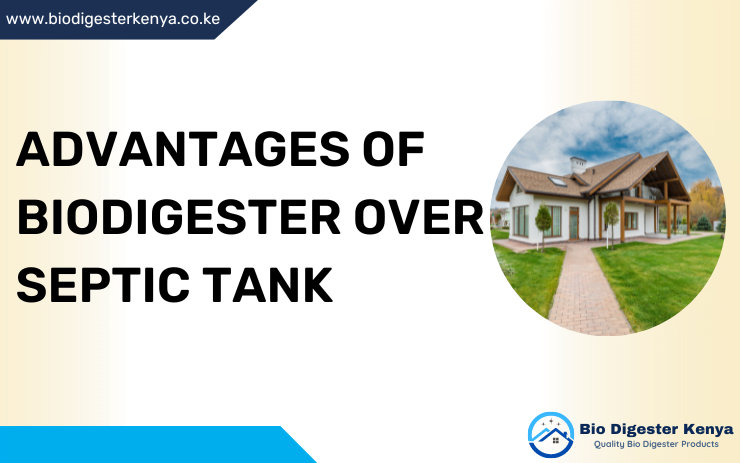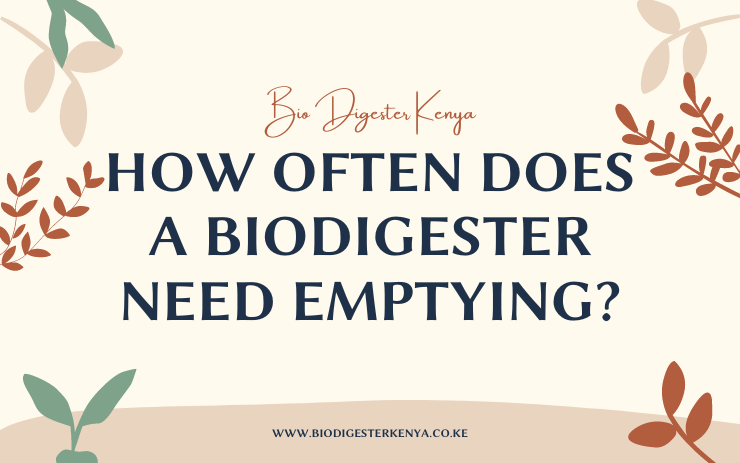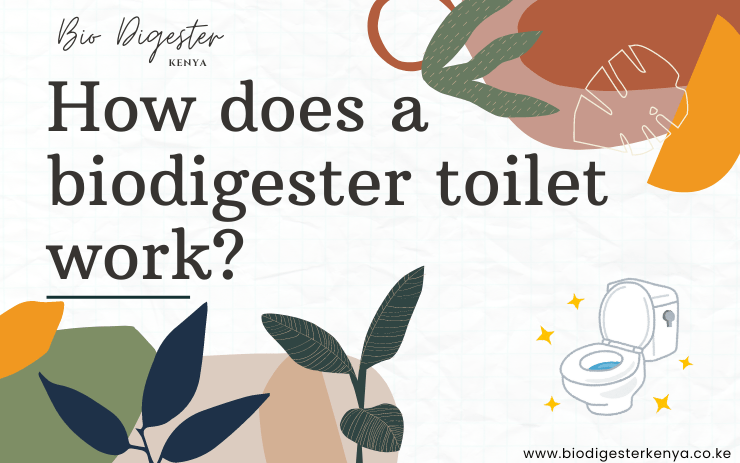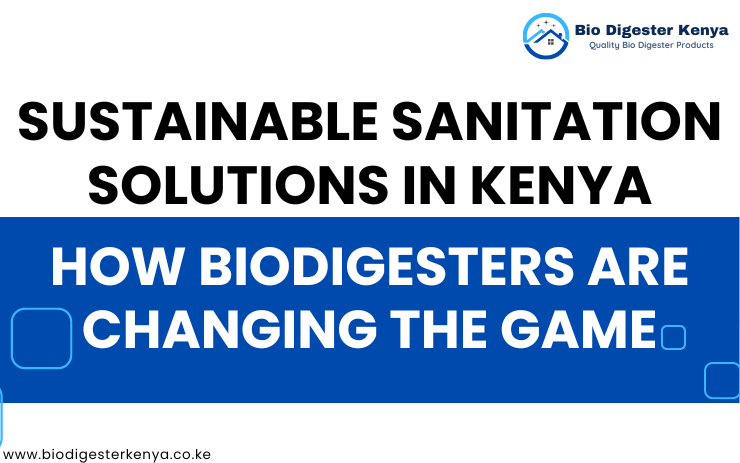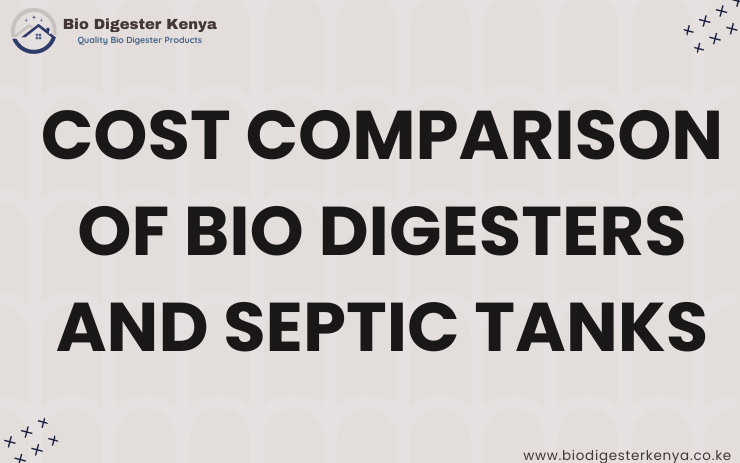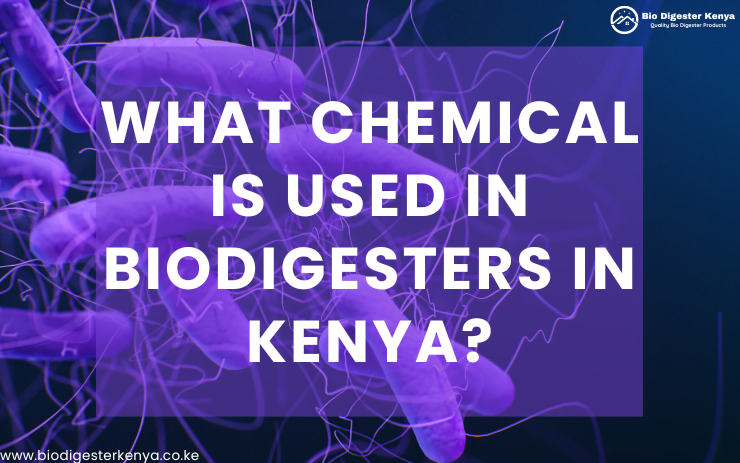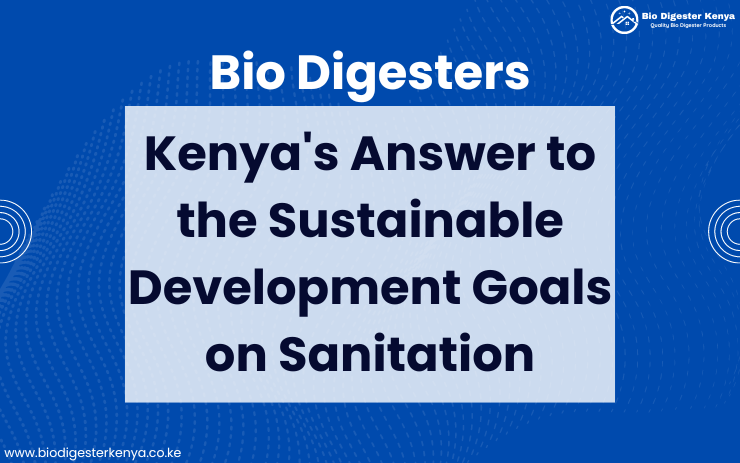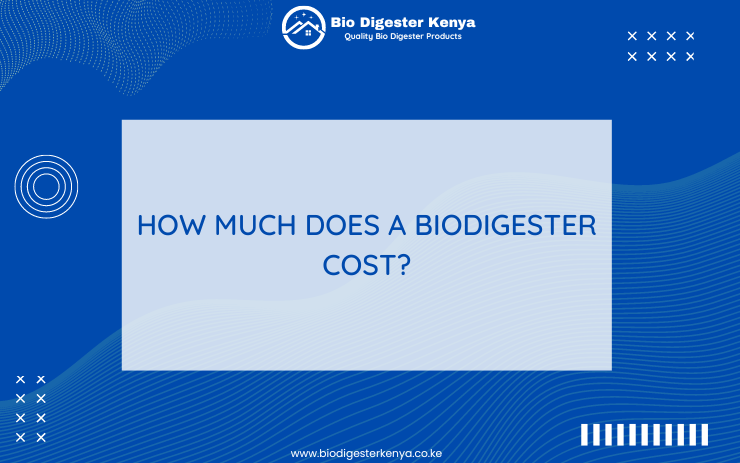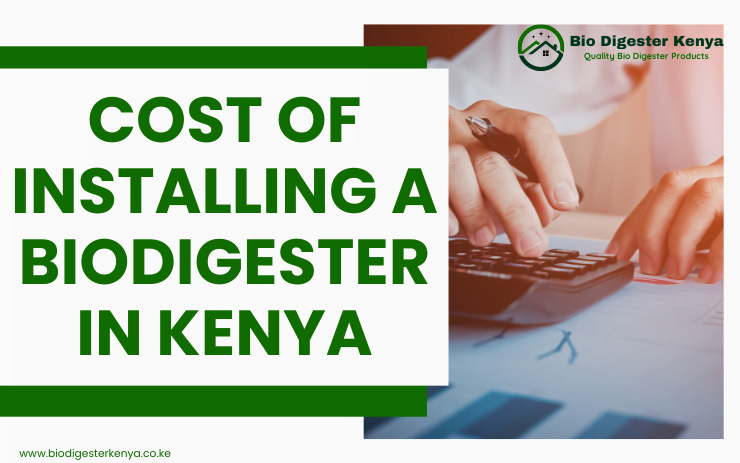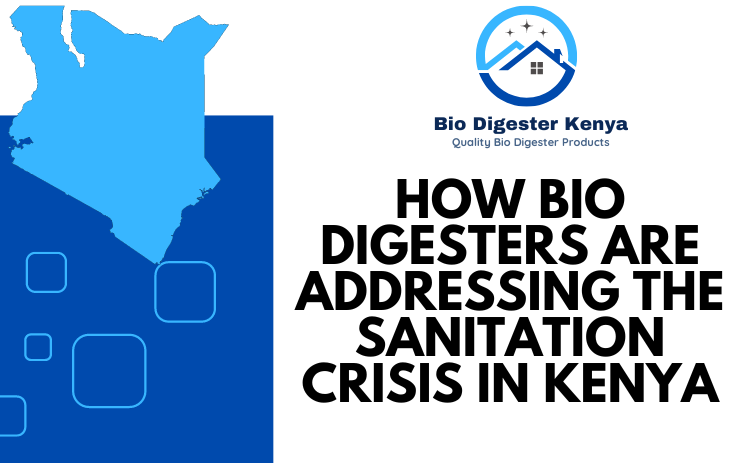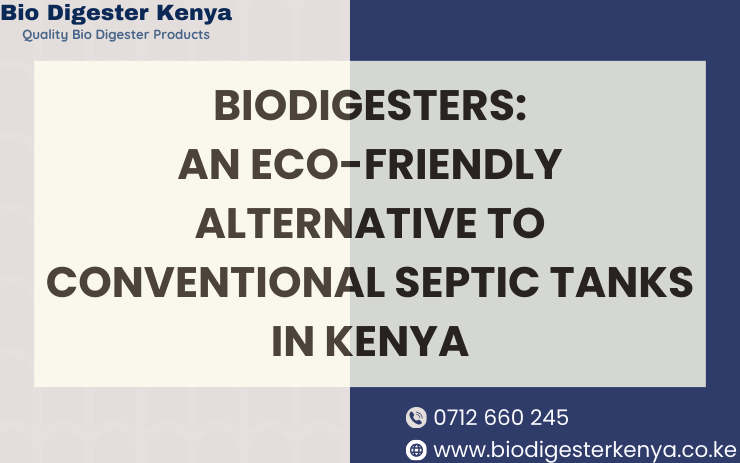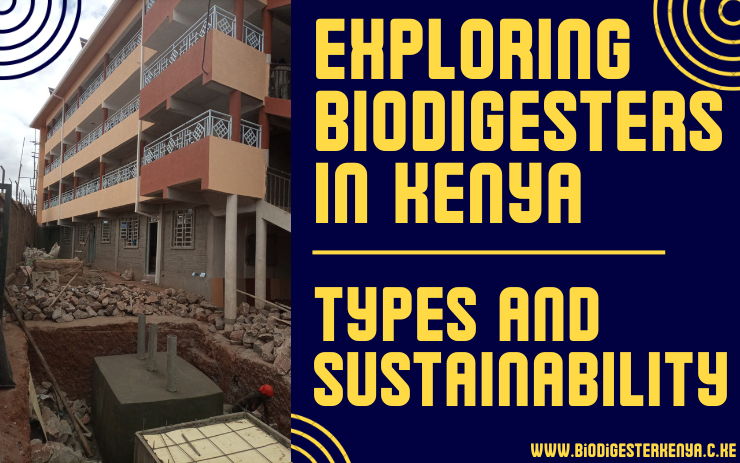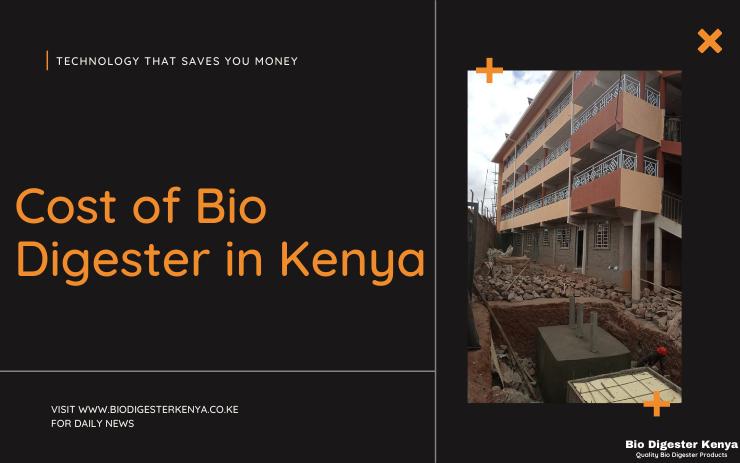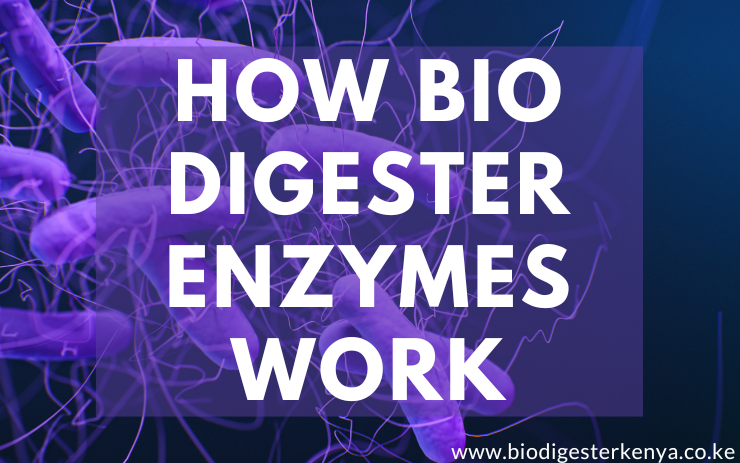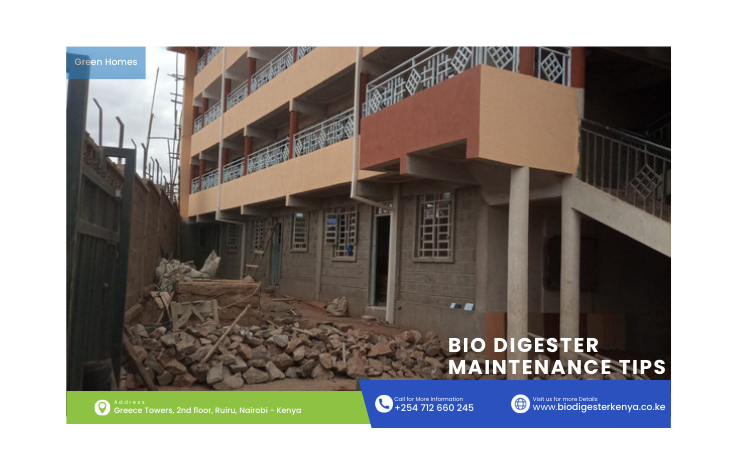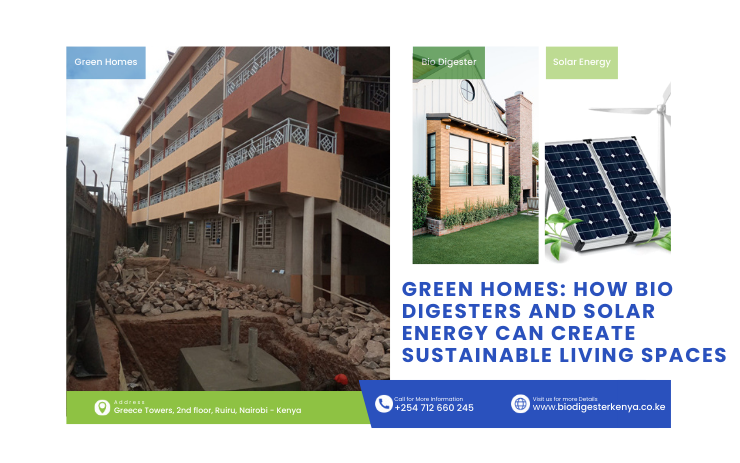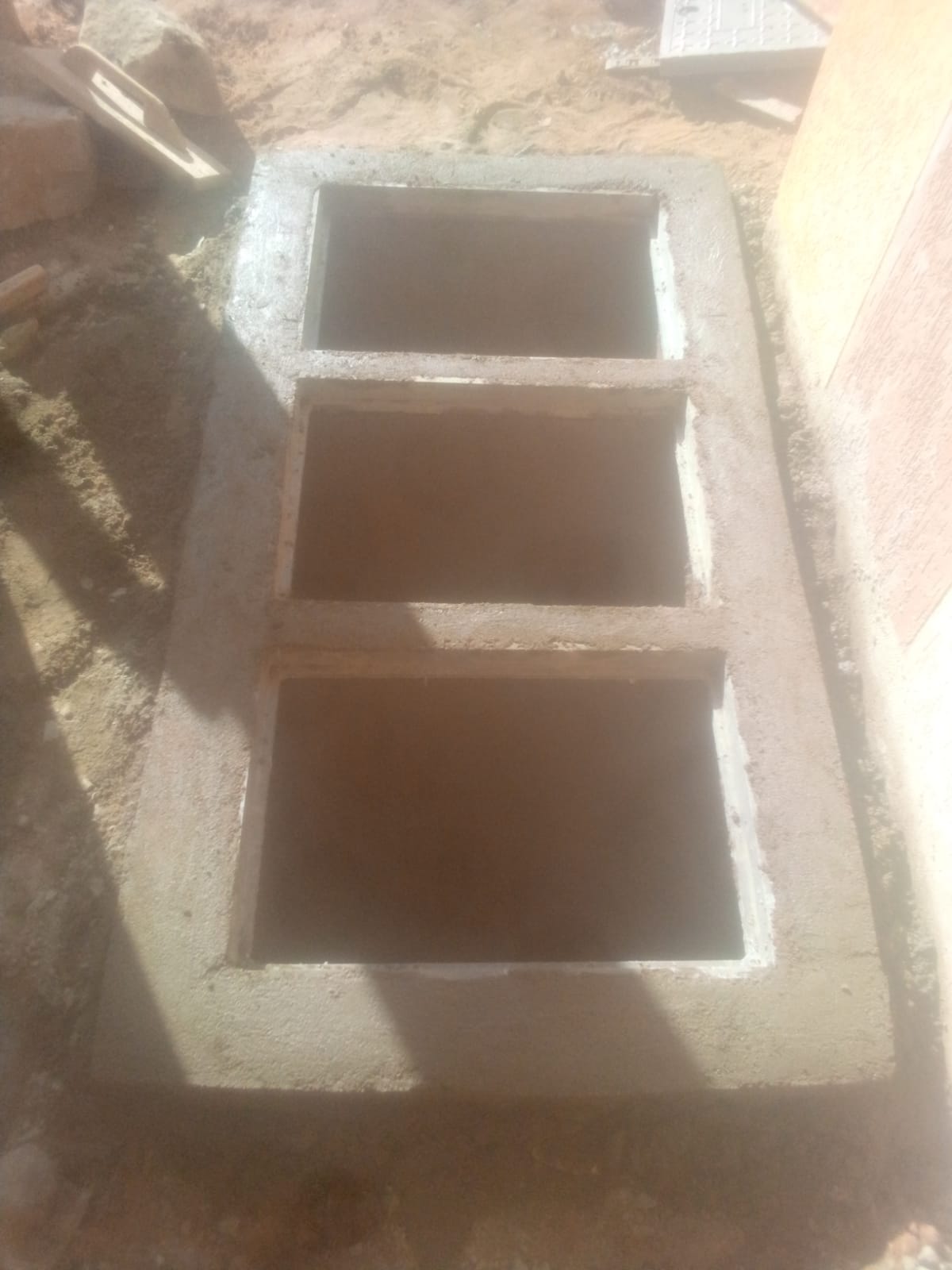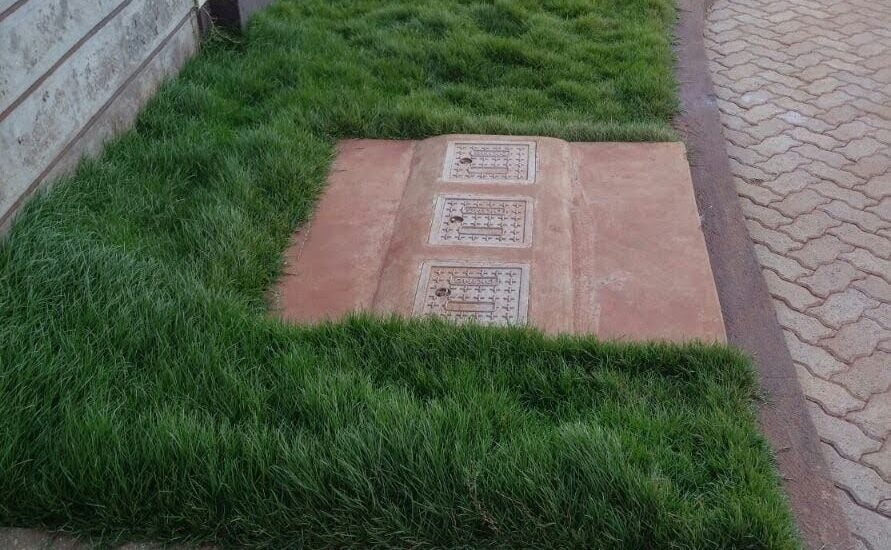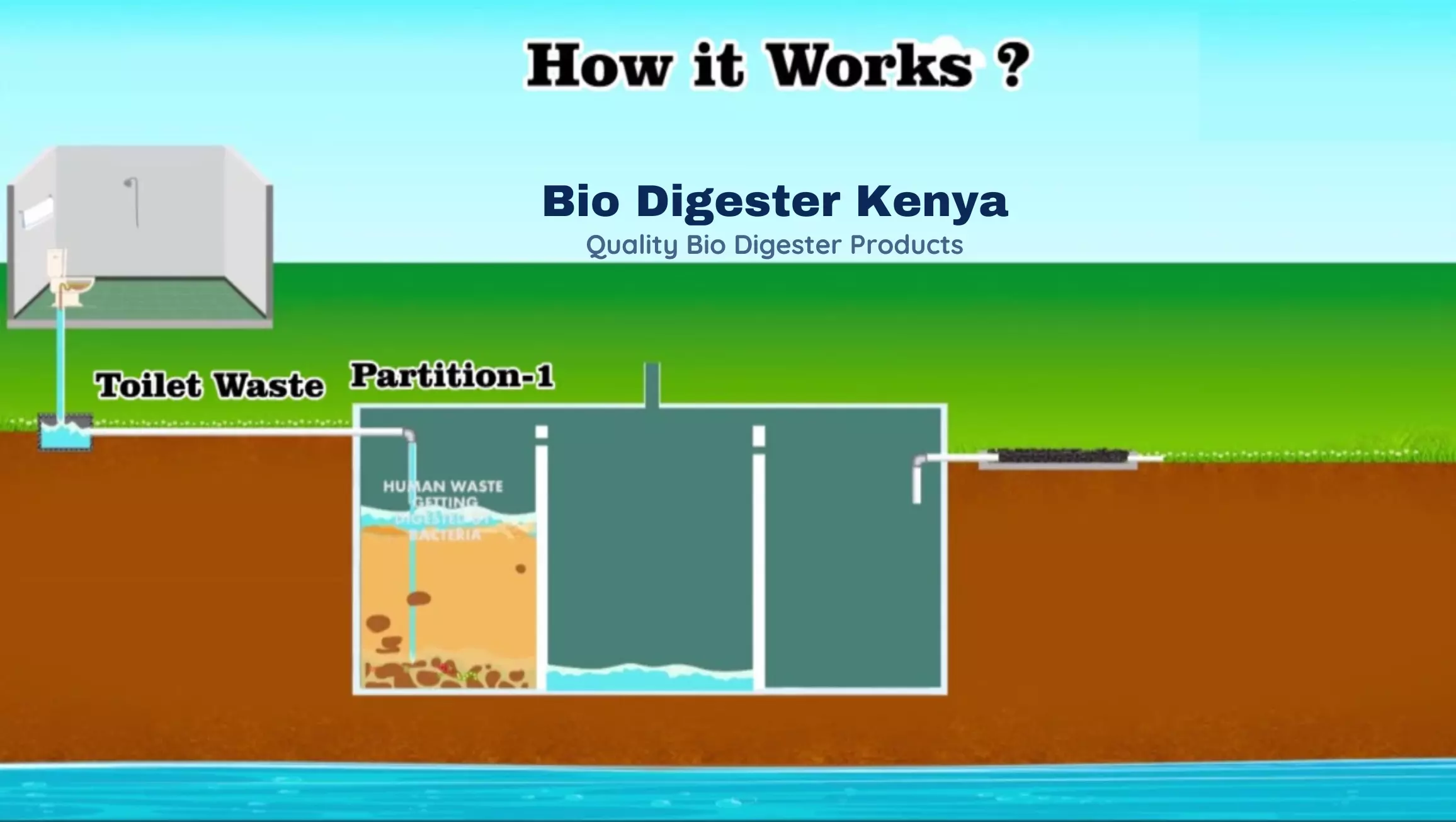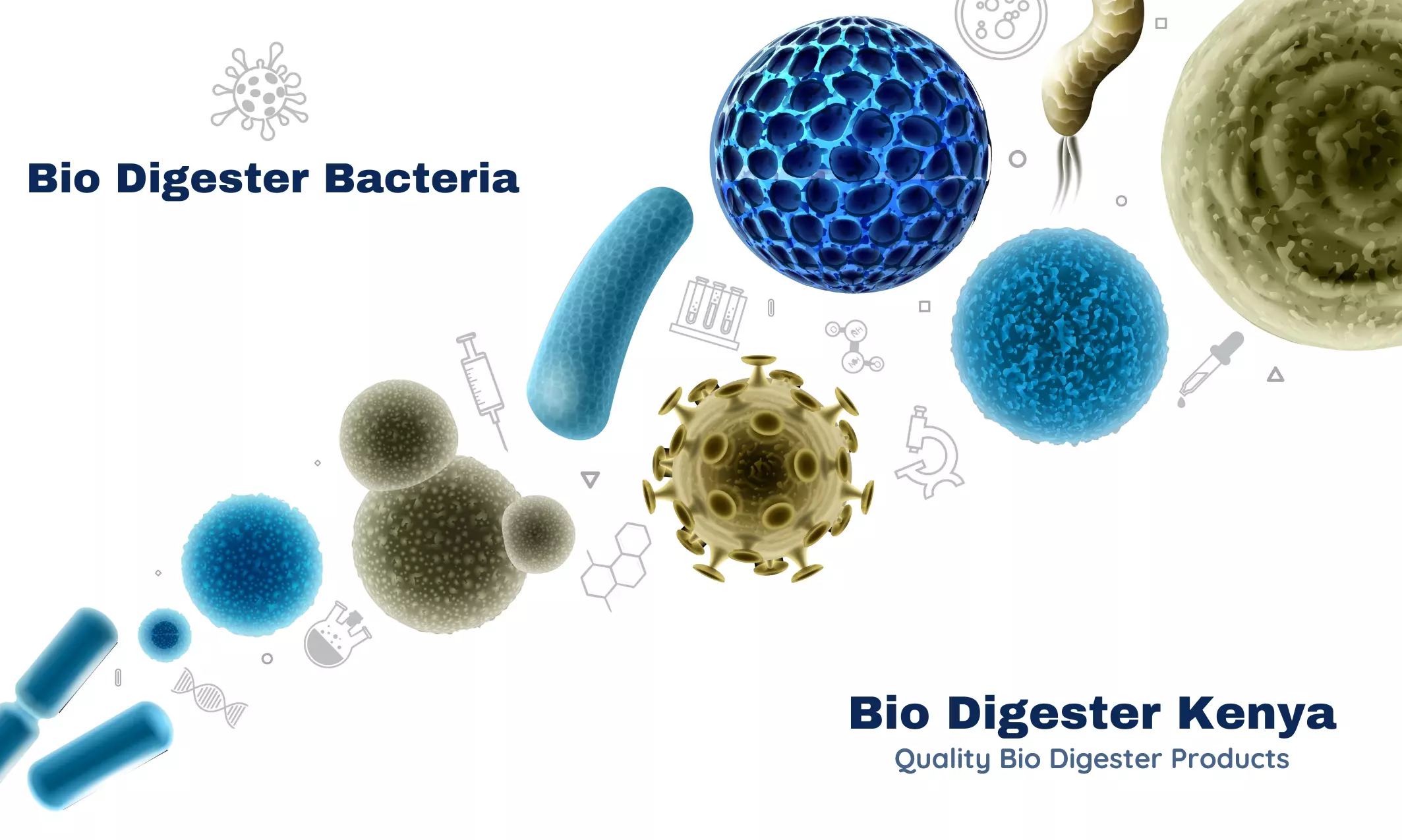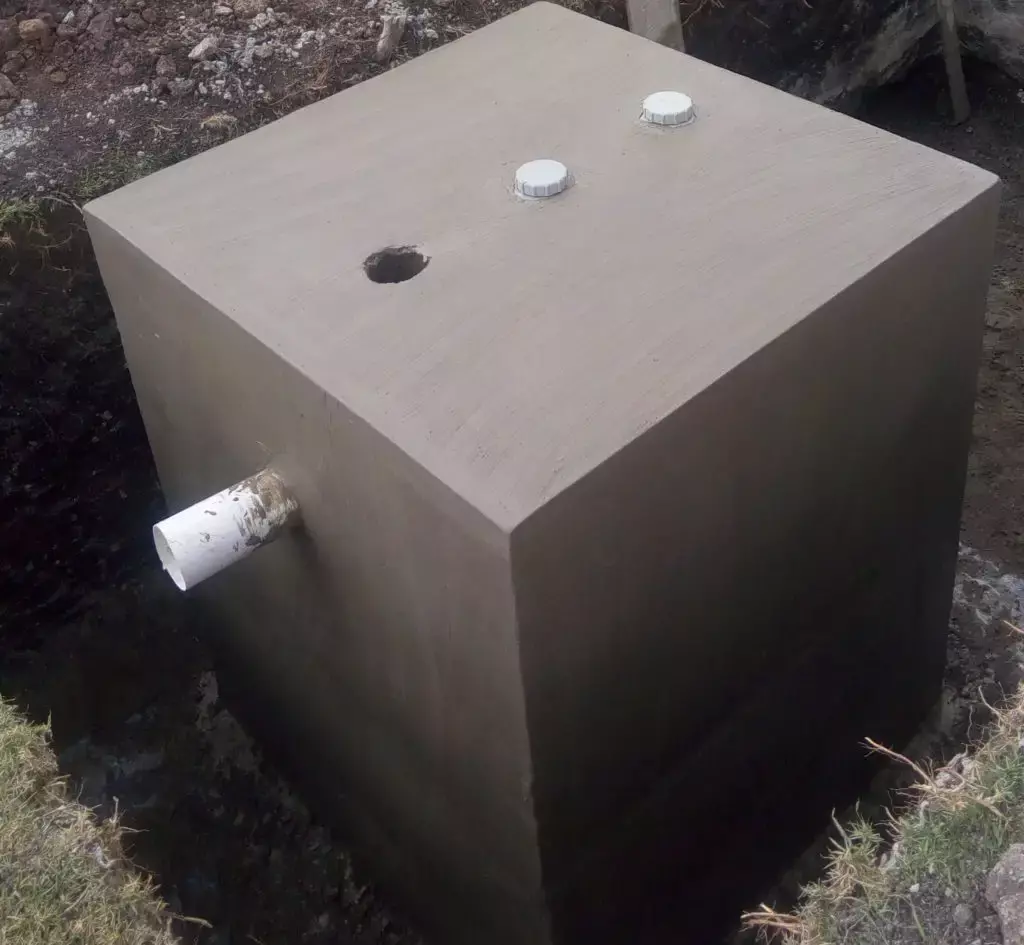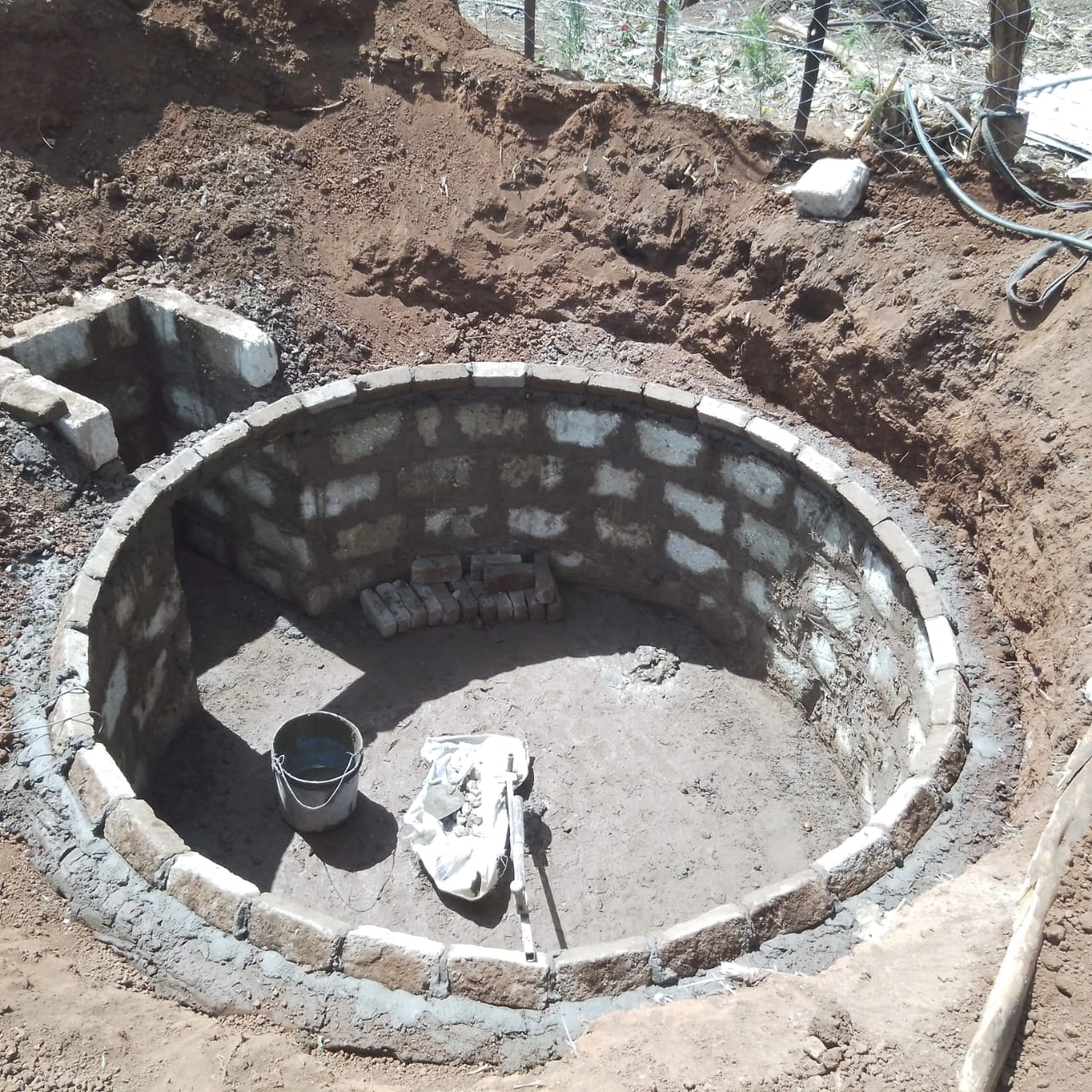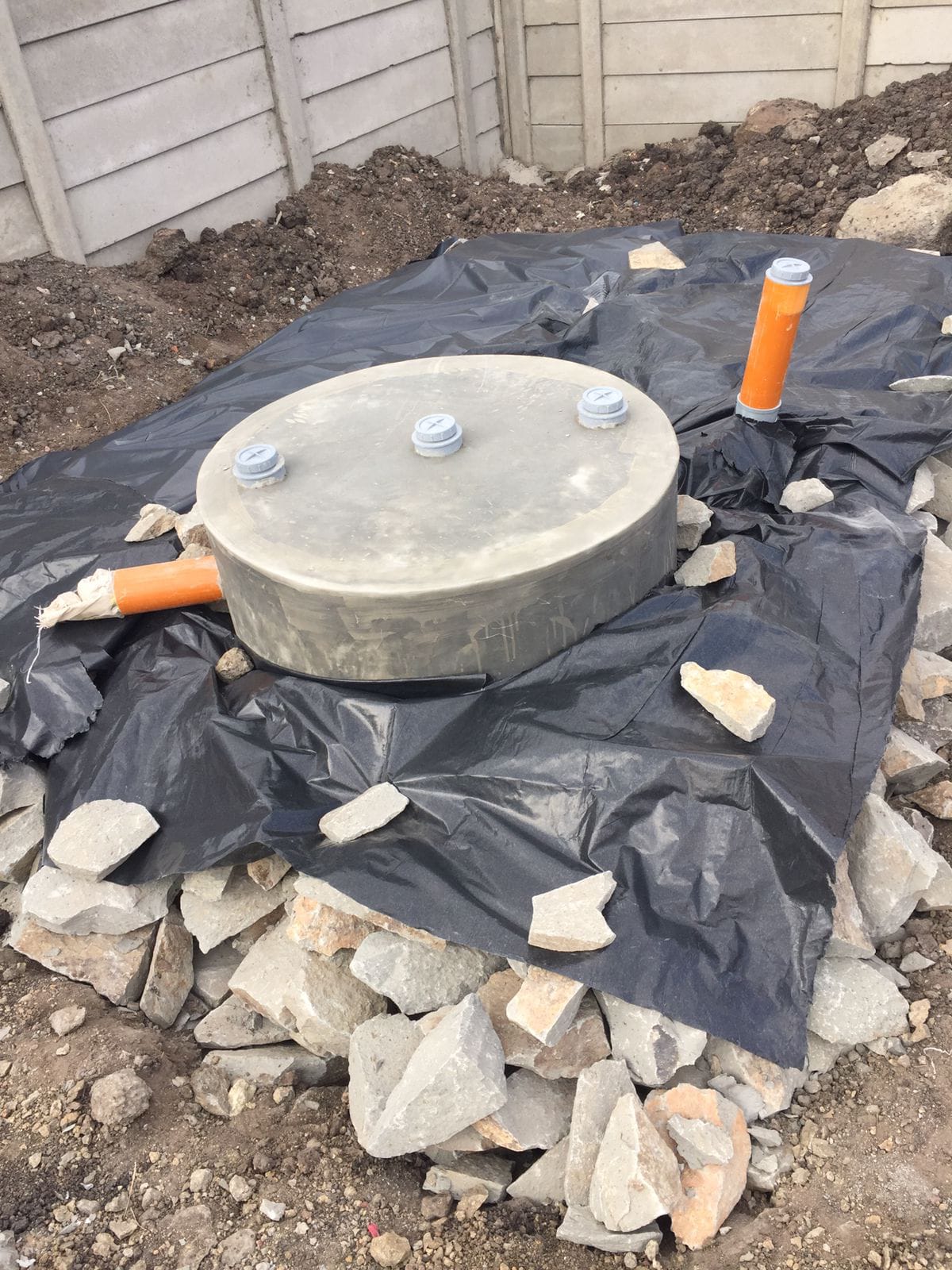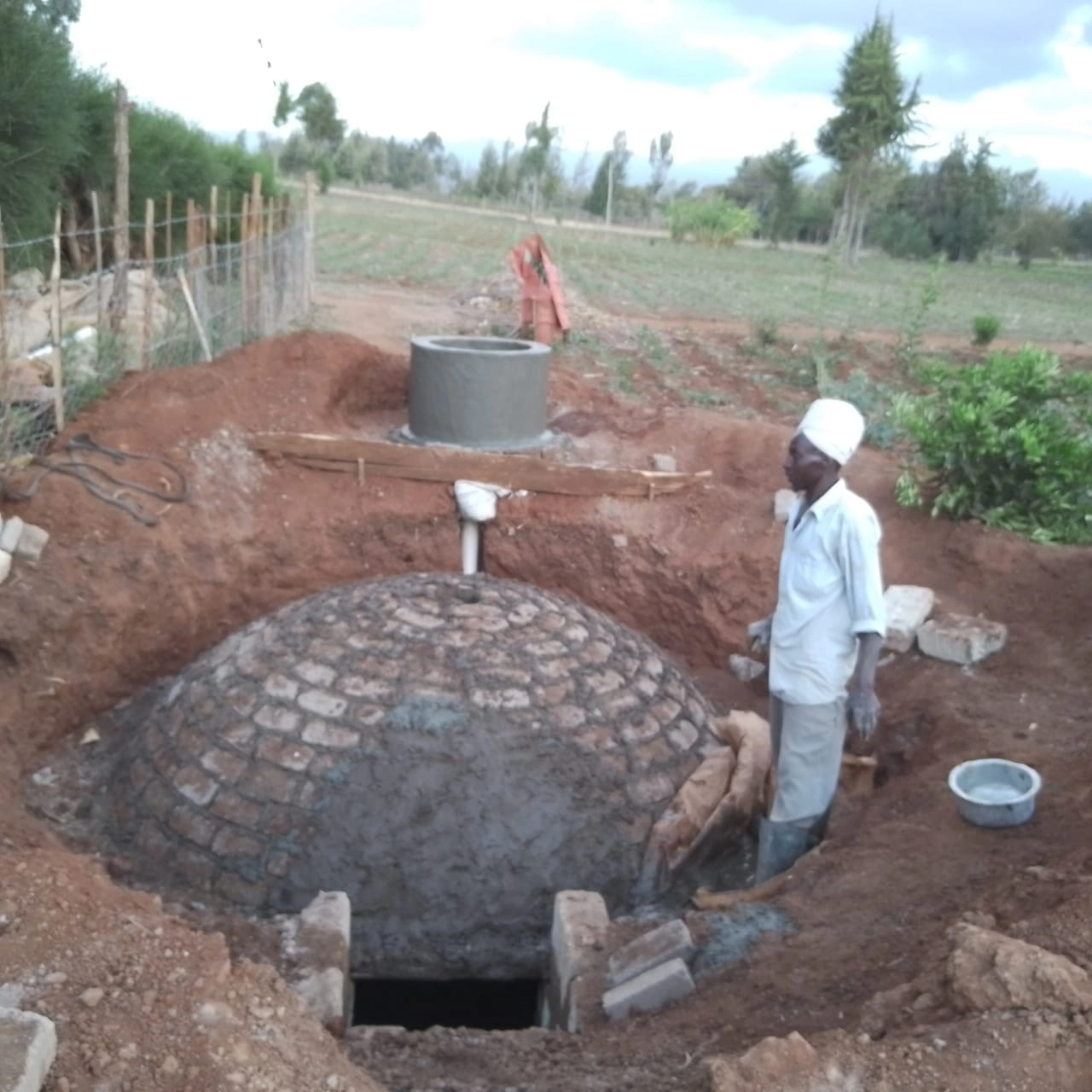Discover which waste management solution is better: a biodigester or septic tank.
Learn why Bio Digester Kenya offers the eco-friendly, low-maintenance choice for homes and businesses in Kenya.
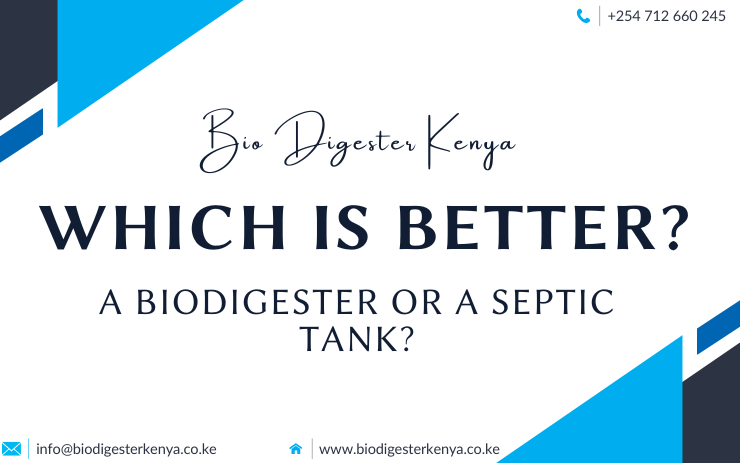
Table of Contents
Introduction
If you’re looking to manage waste for your home or business, you’ve likely come across two popular options: the biodigester septic tank and the traditional septic tank.
Both systems handle human waste, but they do it in very different ways. The question is, which is better?
Choosing the right waste management solution can significantly impact your property, the environment, and even your wallet.
At Bio Digester Kenya, we specialize in the installation and maintenance of biodigesters—a revolutionary system that uses biodigester enzymes to break down waste into water and air.
In this article, we’ll compare the two systems, helping you decide which one is best suited for your needs.
What Is A Biodigester?
A biodigester is an eco-friendly waste management system that uses natural enzymes to break down human waste.
Waste is piped into the biodigester, where enzymes decompose it into two harmless byproducts: water and air.
The water is then sent to a soaking area where it’s absorbed by the ground, leaving no harmful substances behind.
At Bio Digester Kenya, we design biodigesters tailored to your property’s needs, making them an ideal choice for both residential and commercial spaces in Kenya.
What Is A Septic Tank?
A septic tank is a traditional system used to treat wastewater in areas without access to municipal sewer systems.
In a septic system, waste is separated into solids and liquids. The solids settle at the bottom, while the liquids are released into a leach field, where they slowly seep into the ground.
While septic tanks are widely used, they come with their own set of challenges, such as the need for frequent maintenance and the risk of groundwater contamination.
Biodigester vs Septic Tank: What’s The Difference?
The main differences between these two systems boil down to how they handle waste:
- Biodigesters break down waste into water and air using enzymes, whereas septic tanks rely on separation and natural breakdown.
- Biodigesters are environmentally friendly and require less space, making them ideal for urban homes or businesses.
- Septic tanks, on the other hand, are more prone to maintenance issues, such as needing regular pumping.
How Does a Biodigester Work?
The biodigester process is simple yet efficient:
- Human waste is piped directly into the biodigester tank.
- Biodigester enzymes break down the waste into water and air.
- The water is sent to a soaking area, where it’s absorbed by the soil.
- Air is released, making the entire process odor-free and eco-friendly.
This makes biodigesters a low-maintenance and sustainable option for any home or business.
How Does a Septic Tank Work?
A septic tank operates by allowing waste to settle in the tank:
- Solids settle at the bottom and slowly decompose.
- Liquids rise to the top and are discharged into a leach field.
- Regular pumping is required to remove solid waste from the tank to prevent blockages.
While a septic tank works well in rural areas, the need for regular maintenance and the risk of environmental pollution make it less desirable compared to biodigesters.
Benefits of Installing a Biodigester
Choosing a biodigester has several benefits:
- Low Maintenance: You don’t have to worry about regular pumping. Simply replenish the biodigester enzymes every few months.
- Eco-Friendly: The system converts waste into water and air, which are harmless to the environment.
- Odor-Free Operation Unlike septic tanks, which can sometimes produce unpleasant smells, biodigesters break down waste in a sealed system where the waste is converted into water and air, ensuring that no foul odors escape.
- Space Efficiency Whether you live in a densely populated urban area or have a small commercial property, a biodigester can easily fit into tight spaces without compromising on functionality.
Reduced Groundwater Contamination Risk Biodigesters offer a more eco-friendly waste treatment solution as they reduce the risk of contaminating groundwater. Unlike septic tanks, which can leak harmful pathogens into the soil and water supply, biodigesters safely process waste into water that is absorbed naturally, minimizing environmental impact.
Benefits of Installing a Septic Tank
Despite its limitations, a septic tank does offer some benefits:
- Lower Initial Costs: Septic tanks tend to be cheaper to install.
- Familiarity: Septic tanks have been used for decades, making them a well-known solution, especially in rural areas.
Independence from Municipal Systems: Septic tanks operate independently from municipal sewage systems, making them ideal for areas without access to public waste treatment infrastructure.
Drawbacks of Biodigesters
- Higher Initial Costs: While the upfront cost of a biodigester may be higher, it pays off in the long run with low maintenance.
- Enzyme Replenishment: Biodigester enzymes need to be replenished every 3-6 months to keep the system working efficiently.
Drawbacks of Septic Tanks
- Frequent Maintenance: Septic tanks need regular pumping, which can be costly over time.
- Groundwater Contamination: If a septic tank leaks, it can contaminate nearby water sources, posing a significant environmental risk.
Cost Comparison: Biodigester vs Septic Tank
When it comes to costs, both systems have their pros and cons:
- Installation Costs: Biodigesters tend to be more expensive to install, but septic tanks may come with hidden costs in the form of frequent maintenance and repairs.
- Maintenance Costs: Biodigesters require less maintenance over time, making them more cost-effective in the long run.
- Long-Term Value: Biodigesters provide better value for money due to their low maintenance requirements and environmental benefits.
Environmental Impact: Why Biodigesters Win
Biodigesters are much kinder to the environment than septic tanks:
- Water Conservation: Biodigesters convert waste into water, which is absorbed into the ground, reducing the strain on natural resources.
- No Pollution: Unlike septic tanks, biodigesters don’t release harmful substances into the ground, making them a cleaner and safer option.
Why Biodigesters Are Ideal for Kenyan Homes
In Kenya, where water conservation and environmental sustainability are top concerns, biodigesters offer a perfect solution.
Whether you live in a bustling city or a remote village, a biodigester can fit into any space, providing you with an eco-friendly waste management system that’s easy to maintain.
At Bio Digester Kenya, we provide expert installation and maintenance services for biodigesters, ensuring that your system runs smoothly for years to come.
Choosing Between A Biodigester and A Septic Tank
So, which one should you choose? If you’re looking for a solution that’s eco-friendly, low-maintenance, and cost-effective in the long run, a biodigester is the better option.
While septic tanks may be cheaper upfront, their frequent maintenance and environmental risks make them less ideal in today’s world.
Bio Digester Kenya: Your Trusted Partner
At Bio Digester Kenya, we specialize in designing and installing biodigesters tailored to the needs of homes and businesses in Kenya.
Not only do we offer expert installation, but we also provide high-quality biodigester enzymes to keep your system running at peak efficiency.
Whether you’re looking for a waste management solution for your home or a commercial space, we’re here to help.
Conclusion
In the debate of biodigester vs septic tank, the biodigester clearly comes out on top.
It’s more environmentally friendly, cost-effective, and easier to maintain.
If you’re looking for a reliable waste management solution, get in touch with Bio Digester Kenya today.
We’ll help you design and install a system that’s perfect for your needs.
FAQs
How often do biodigester enzymes need replenishment? Every 3 to 6 months to ensure optimal performance.
Can biodigesters handle large commercial waste? Yes, biodigesters are scalable and can be tailored to handle waste from both homes and commercial properties.
How long does a biodigester system last? With proper maintenance, a biodigester can last for decades.
Are biodigesters suitable for small properties? Yes, they require less space than septic tanks, making them ideal for urban areas.
What are the long-term cost benefits of a biodigester? While the initial investment may be higher, the low maintenance and long lifespan make biodigesters more cost-effective over time.




